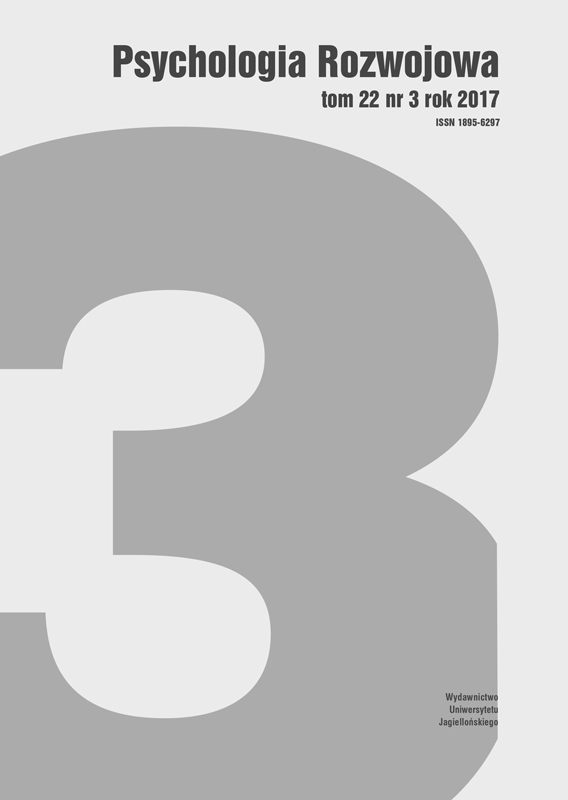From Donders’ Dilemma to Objective Internal Assessment: How Experimental Developmental Psychology Can Contribute to Moral Education
From Donders’ Dilemma to Objective Internal Assessment: How Experimental Developmental Psychology Can Contribute to Moral Education
Author(s): Georg LindSubject(s): Psychology
Published by: Wydawnictwo Uniwersytetu Jagiellońskiego
Keywords: moral-democratic competence; moral development; moral psychology; education; democracy
Summary/Abstract: For a century, developmental psychology, and psychology as a whole, has been caught in an objectivity-validity dilemma which divides the scientific community: when measuring psychological traits, researchers either strive for objectivity at the expense of validity in regard to the object of the measurement, or they strive for validity by using subjective information from participants and subjective methods of rating this information, thus lacking objectivity. While the main problem of physical measurement is precision, the main problem of psychology is validity: does an instrument really measure what it should? On the one hand, psychologists like Sigmund Freud, Jean Piaget and Lawrence Kohlberg believed that valid inferences on psychological functioning can only be made through subjective methods like clinical interviews – at the expense of objectivity. On the other hand, scientists working in the tradition of Louis Leon Thurston and Karl Pearson wanted to turn psychology into an objective science by assessing psychological traits through behavioral data even if that meant deleting important psychological traits like moral orientations and moral competence from the scientific research agenda. In this article I will show that this methodological dilemma can be (and has been) resolved on the basis of the ideas of Franciscus Cornelis Donders (1868), who, a long time ago, showed how we can study internal mental processes in an objective way, that is, without relying on the subjective experience of the participant and without subjective scoring. Interestingly, Donders used behavioral dilemmas in order to measure thinking. It took us a long time to understand the significance of Donders’ invention and to apply it to psychological measurement. Our Moral Competence Test (MCT) is probably the first method of psychological measurement based on it. The MCT has helped us to test many hypotheses on moral orientations and moral competence objectively, which hitherto could be studied only with subjective methods. It has also made possible to design and evaluate new, effective methods of moral education.
Journal: Psychologia Rozwojowa
- Issue Year: 22/2017
- Issue No: 3
- Page Range: 15-24
- Page Count: 15
- Language: English

